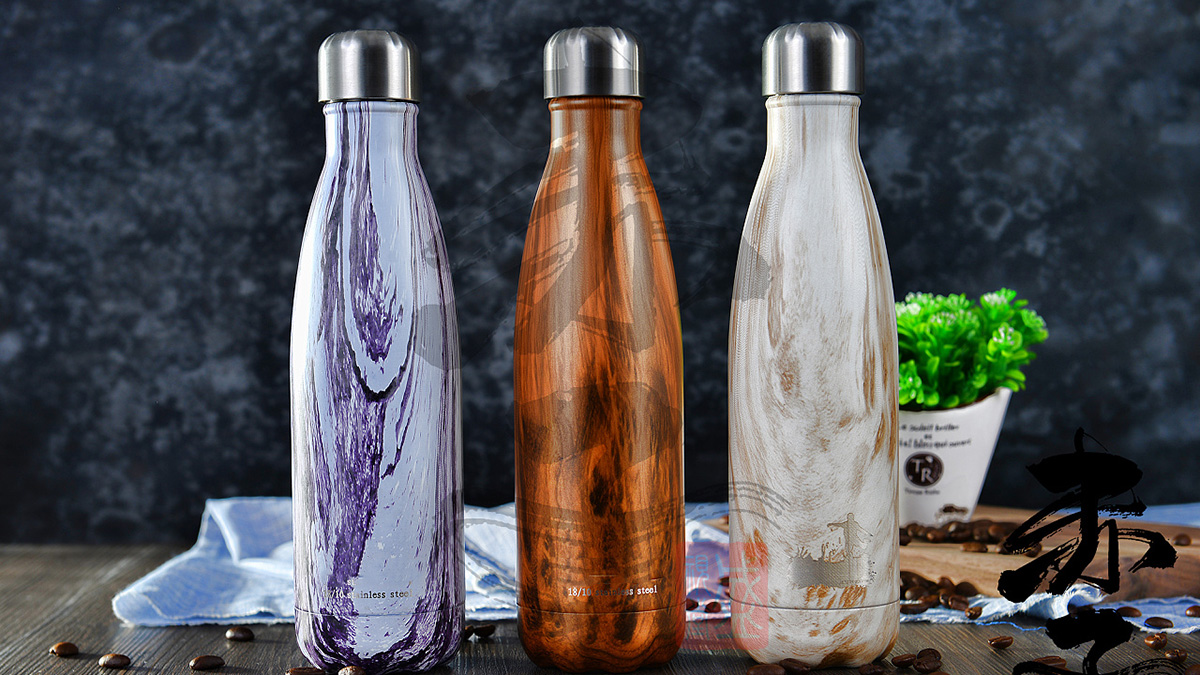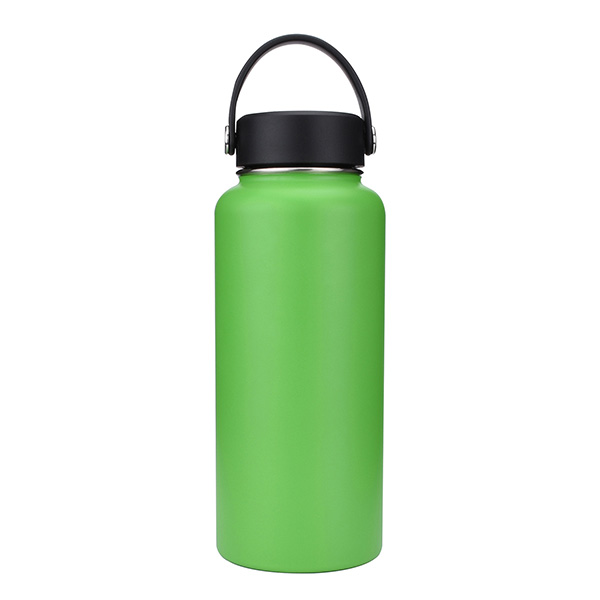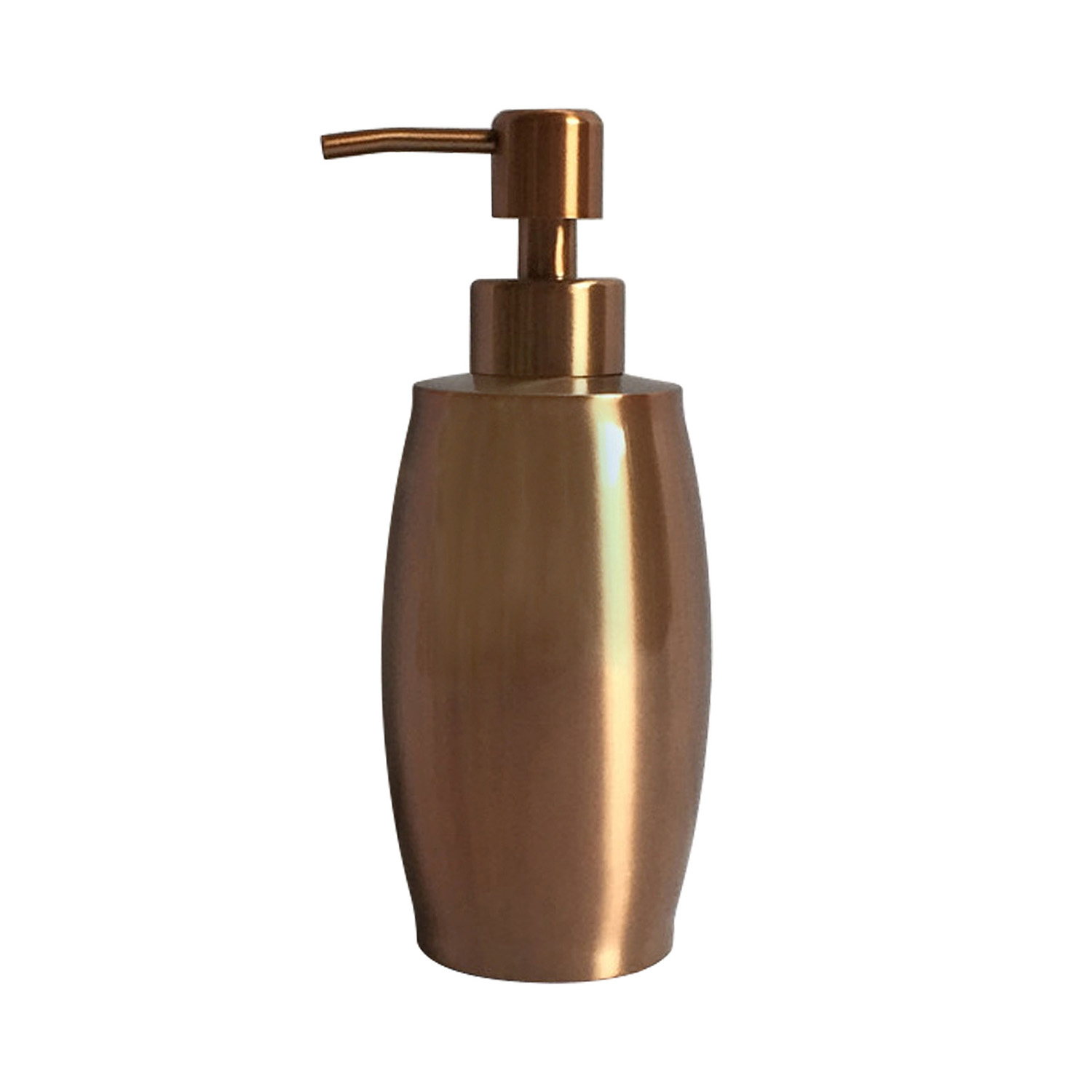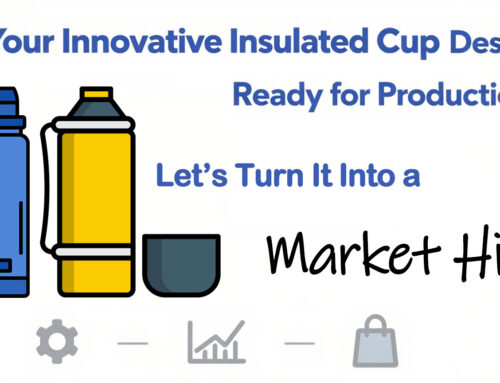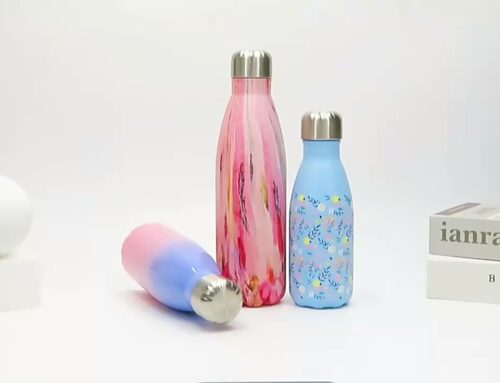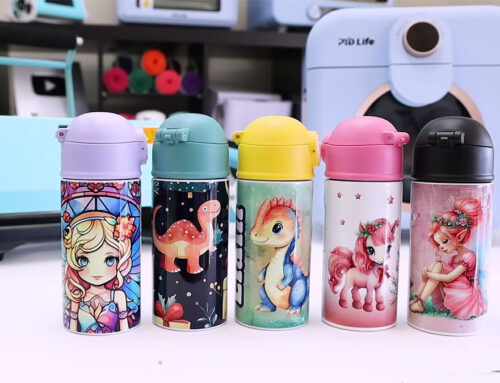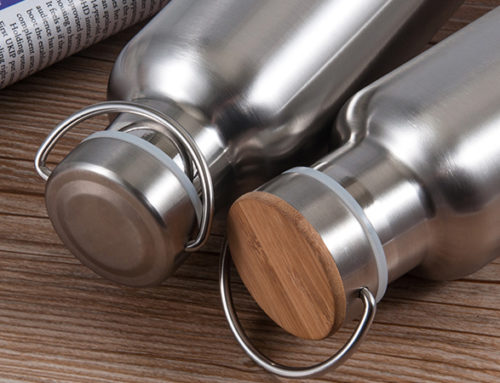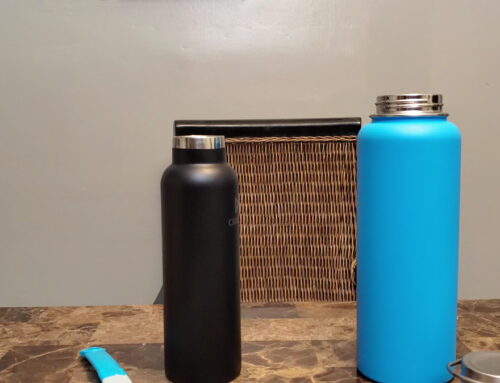1. What is contract manufacturing?
Contract manufacturing refers to a form of cooperation where a company contracts with another manufacturer to produce products, while the contracting company is responsible for product sales. This model allows for better utilization of resources, promotes specialization and scale within the industrial chain. Contract manufacturing plays a crucial role in the global manufacturing landscape, enabling companies to outsource parts of their production process to external firms. This arrangement leverages the specialized capabilities, cost advantages, and efficiencies of third-party manufacturers. The contractor is responsible for ensuring that the production meets the client’s specifications, quality standards, and deadlines. Contract manufacturing originated in various industries, especially electronics and textiles, where companies optimized their operations by focusing on core competencies like design, branding, and marketing, while outsourcing production. Today, it spans a wide range of industries, including electronics, automotive and consumer goods like water bottles. The key differences from traditional manufacturing lie in ownership, control, and focus, where in contract manufacturing, the client company outsources production, shifting its focus to other aspects of the business.
For your better understanding, we’ll show you an example of contact manufacturing of water bottle sales. Contract manufacturing in the realm of water bottle production involves a partnership where a water bottle purchaser establishes a contractual agreement with a specialized water bottle manufacturer. This agreement stipulates that the water bottle manufacturer will fabricate water bottles adhering to the specifications, designs, and quality benchmarks set forth by the water bottle purchaser. The water bottle purchaser concentrates on its core strengths, such as product design, branding, and sales, while entrusting the manufacturing process of water bottles to the water bottle manufacturer. This allows the water bottle purchaser to dedicate its efforts to selling the drinkware, while the water bottle manufacturer utilizes its expertise in production to deliver wholesale drink bottles that meet or exceed the established standards. The primary advantage of this partnership is that both entities can concentrate on their respective strengths. The water bottle purchaser focuses on sales and marketing, while the water bottle manufacturer guarantees the quality. This collaboration fosters a mutually beneficial relationship that benefits both parties.
2. What are the types of contract manufacturing?
Contract manufacturing is a really flexible and smart way for companies to get help with different parts of their production. It covers all kinds of services, tailored just for what each business needs. And when we talk about the different types of contract manufacturing in the realm of water bottle manufacturing, we can usually group them based on what kind of work is involved, like:
- Private Label Manufacturing: In this model, a water bottle company contracts a manufacturer to produce stainless steel bottles tailored to their specifications, with the brand’s label affixed. The sport bottle seller is responsible for design, specifications, quality assurance, and marketing, while the drink bottle manufacturer handles the production process. This is suitable for companies that want to focus on stainless steel coffee cup’s brand development, marketing, and customer relationships, rather than investing heavily in production.
- Individual Component Manufacturing: Contract manufacturers produce specific components or parts for a product or system. These components are then integrated into the final product by other companies or manufacturers. This is common in complex industries such as automotive, aerospace, and electronics. But it also can be seen in the manufacturing of insulated tumblers. Individual component manufacturing involves producing specific components or parts, such as the bottle body, cap, and sealing gasket. These components are then integrated into the final water bottle product by other companies or manufacturers. This approach is common for those who prioritize efficient production and quality component integration. By outsourcing these components to specialized manufacturers, brand companies can ensure that each part of the vacuum flasks meets their high standards while maintaining production efficiency and cost control.
- Labor or Service Subcontracting: In the manufacturing of water bottles, labor or service subcontracting involves hiring a contract manufacturer to take on a specific process or service within the overall production workflow. For instance, a water bottle seller can subcontract the bottle labeling or packaging step of its production line to a specialized manufacturer. By doing so, the seller can focus on its core operations like designing innovative bottle shapes or improving material quality, while reducing costs and improving efficiency by leveraging the manufacturer’s expertise and resources. This strategy ensures that each stage of the production process is handled by the most suitable party, resulting in a superior final product.
- End-to-End Manufacturing: Contract manufacturers are deeply involved in product design, development, and optimization, in addition to the production process. They provide feedback and suggestions to help sellers improve their product design and manufacturing processes. This is ideal for water bottle sellers seeking to quickly launch new products while maintaining quality and cost-effectiveness.
3. Why is contract manufacturing important to water bottle sellers?
In the rapidly evolving business landscape of today, maximizing output stands as a paramount objective for water bottle brands striving to expand their reach and adeptly fulfill consumer demand. Contract manufacturing emerges as a vital cog in achieving this ambition, enabling water bottle sellers to harness external expertise, resources, and capabilities to enhance production, while staying laser-focused on their core strengths. Contract manufacturing involves entrusting the production to specialized third-party manufacturers, who are adept at crafting specific components or entire products according to the water bottle brand’s specifications. This strategic alliance not only facilitates the expansion of production capacity and access to cutting-edge technologies, but also reduces costs and optimizes operational efficiency, ultimately propelling the growth trajectory of the water bottle industry. Multiple factors underscore the significance of contract manufacturing in maximizing output and driving growth for businesses:
Cost Efficiency
Contract manufacturing allows water bottle brands to capitalize on the economies of scale, robust supply chains, and refined production processes of specialized manufacturers. These contracted partners, with their industry expertise and established supplier networks, typically operate with optimized workflows, streamlined logistics, and cost-effective raw material procurement. By outsourcing water bottle production, water bottle brands can significantly reduce production and overhead costs. Contract manufacturers achieve higher volumes at lower unit costs due to their specialized focus and experience, enabling water bottle brands to leverage bulk purchasing advantages and negotiate favorable pricing on materials and equipment. Additionally, labor costs at contract manufacturing facilities are often more competitive, stemming from factors like favorable geographic location or effective labor management strategies. This competitive edge translates into reduced labor costs for water bottle brands. As contract manufacturers handle production-related expenses, water bottle sellers can redirect resources to areas such as research, marketing, and product development. Ultimately, achieving economies of scale through contract manufacturing enables water bottle brands to optimize their cost structure, achieve significant savings, and enhance overall profitability, paving the way for further growth and innovation.
Access to Expertise and Technology
Contract manufacturers specializing in specific industries or technologies like water bottle manufacturing provide rich expertise, advanced manufacturing capabilities, and years of experience and continuous innovation have honed a deep understanding of their respective fields. This expertise covers precision machining, complex assembly, high-quality manufacturing, and certifications that ensure compliance with relevant industry standards and regulations for water bottles. Collaborating with such specialized contract manufacturers offers water bottle sellers access to cutting-edge technologies and methodologies that may not be readily available to them. From advanced CNC machining to specialized material processing or intricate assembly techniques, these capabilities enhance product quality, precision, and performance. Additionally, partnering with such water bottle manufacturers fosters a culture of innovation, where their dedicated R&D teams and continued investment in technological advancements drive an innovative cycle. This partnership often leads to the development of breakthrough solutions and products, enabling water bottle sellers to maintain a leading position in a competitive market. Essentially, leveraging the expertise and technological prowess of contract manufacturing specialists enhances product quality, encourages innovation, and drives businesses towards achieving market-leading products and operational excellence. For water bottle brands seeking assistance, it is a preferred choice.
Accelerating Time to Market
Contract manufacturers are crucial in accelerating the development of new water bottles and hastening their entry into the market for water bottle businesses. By outsourcing manufacturing processes, water bottle sellers can capitalize on the expertise, resources, and specialized technologies of these external partners, simplifying and expediting the production cycle. One of the primary benefits is the optimization of the development timeline. Water bottle contract manufacturers typically possess industry-specific knowledge and experience in water bottle technology. This expertise allows them to offer valuable insights during the design and development stages, assisting in refining product concepts and production strategies. Their involvement in the initial stages of product conception helps water bottle sellers minimize design flaws and improve production efficiency, thus reducing the overall development time. Moreover, contract manufacturers have established production infrastructure and supply chains, enabling them to scale up production efficiently. This scalability ensures that once the water bottle design is finalized, the manufacturing process can commence immediately, significantly shortening the time to market. This efficient collaboration accelerates the entire water bottle development lifecycle, from concept to commercialization, allowing water bottle businesses to seize market opportunities quickly. Therefore, water bottle businesses can leverage emerging trends, promptly meet consumer demands, and gain a competitive edge by introducing innovative water bottles ahead of their competitors. Accelerating time to market can increase market penetration, drive revenue growth, and establish a stronger market position.
Risk Mitigation
Collaborating with contract manufacturers for production mitigates inherent risks, strengthening operational stability and ensuring a smooth water bottle supply chain. One of the key benefits is risk reduction, as both parties share the responsibility for potential challenges. Common issues like production delays are minimized as contract manufacturers strive to meet delivery schedules due to contractual obligations. Additionally, they handle equipment maintenance and upgrades, alleviating these concerns for water bottle sellers. Market fluctuations, demand variations, or unexpected disruptions can severely impact water bottle production. However, sharing the risk through contract manufacturing disseminates the impact, enabling a more resilient response. Both parties share the responsibility for adapting to market changes, ensuring production continuity in uncertain market conditions. Furthermore, this shared risk fosters a collaborative approach, encouraging proactive problem-solving and continuous improvement initiatives. Contract manufacturers are motivated to implement robust quality control measures and operational redundancies to maintain their reputation and sustain the partnership. Consequently, water bottle brands can rely on a stable supply of water bottles, enhancing their credibility among consumers and stakeholders. Ultimately, contract manufacturing creates a resilient production ecosystem that safeguards businesses from unpredictable disruptions and instability, while maintaining a consistent flow of water bottles into the market.
Expanding Water Bottle Sales Reach
Contract manufacturing allows water bottle businesses to tap into diverse consumer markets and expand their global footprint by leveraging manufacturing partners in various regions. This strategic partnership facilitates entry into new geographical areas without the need for establishing dedicated production facilities. By leveraging the expertise and infrastructure of local contract manufacturers, businesses can cater to regional preferences, regulatory requirements, and cultural differences, effectively meeting the specific needs of different consumer groups. Furthermore, entering these diverse markets through contract manufacturing mitigates the complexities and costs associated with setting up new operations abroad. It provides a flexible and cost-effective approach to market penetration, enabling water bottle businesses to focus on market strategies, product localization, and customer engagement rather than dealing with the logistical challenges of establishing manufacturing facilities. Through this approach, sellers can quickly respond to changing market demands, introduce localized product variations, and capitalize on emerging opportunities in different regions. Ultimately, contract manufacturing serves as a gateway for businesses to enter and thrive in diverse global markets, fostering growth and market expansion without significant upfront investment in infrastructure and resources.
4. How to find a reliable wholesale water bottle contract manufacturing for your brand?
To find a reliable wholesale water bottle contract manufacturer (CM) for your brand, it’s crucial to follow a thorough process that evaluates various factors. Here are the key steps and considerations:
Define Your Requirements
- Clearly identify the specific requirements for your water bottles / stainless steel tumblers / thermos cups / can coolers / food containers / lunch boxes / beer growlers / pet bowls, including design, materials, size, capacity, and functionality.
- Determine your budget and desired lead times to ensure a realistic assessment of potential manufacturers.
Research the Market
- Utilize online resources, industry exhibitions, trade magazines, and referrals to identify potential water bottle contract manufacturers.
- Pay special attention to water bottle manufacturers with established reputations in the industry, as they may offer reliable contract manufacturing services.
Assess Quality and Compliance
- When selecting a contract manufacturer, it is crucial to ensure that they uphold stringent quality standards and possess the necessary certifications, including ISO certifications, to fulfill the regulatory requirements of your specific industry. This guarantees adherence to the highest standards of quality and compliance.
- Investigate their quality assurance processes, including how they handle defects and production issues, to ensure consistent product quality.
Evaluate Communication and Collaboration
- Choose a contract manufacturer that is responsive, transparent in communication, and willing to collaborate closely with your team.
- Look for a partner that provides regular updates, accepts feedback, and views the relationship as a partnership, not just a transaction.
Consider Cost
- Obtain detailed quotes from potential manufacturers, understanding the pricing structure and any additional costs that may arise.
- Balance cost with quality, avoiding the lowest-cost option that might compromise product quality or reliability.
Evaluate Long-Term Partnership Potential
- Consider the contract manufacturer’s stability, reputation in the industry, and willingness to invest in growing with your business.
- Look for a manufacturer that is committed to innovation and continuous improvement, ensuring they can support your evolving product needs.
Request Samples and Testing
- Before making a final decision, request samples of the water bottles to test their quality, design, and functionality.
- Ensure that the drink bottle samples meet your requirements and exceed your expectations.
Negotiate and Sign a Contract
- Once you’ve identified a suitable contract manufacturer, negotiate a contract that clearly outlines the terms and conditions of your partnership.
- Ensure that the contract includes details such as pricing, delivery schedules, quality standards, and any other critical terms.
Monitor and Evaluate Performance
- Once production begins, monitor the contract manufacturer’s performance closely, including quality, delivery times, and customer service.
- Regularly evaluate their performance and provide feedback to ensure that they meet your expectations and continue to deliver a reliable product.
By following these steps and considering all aspects carefully, you can find a reliable wholesale water bottle contract manufacturer that will help you meet your water bottle brand’s needs and ensure consistent product quality. Click and read more: Are Hidrate Spark Smart Water Bottles Made In China Or USA?
5. Conclusion
The successful integration of contract manufacturing hinges on robust communication, a clearly defined contract, and rigorous quality control measures to align with the water bottle brand’s standards and values. In essence, contract manufacturing is a strategic tool for businesses, aimed at maximizing the output of products like water bottles and fostering growth through optimized production processes, cost reduction, innovation, and increased flexibility. This collaborative model provides a competitive edge in today’s fast-paced market, enabling sustainable business expansion.
KingStar, a leading water bottle manufacturer in China, has capitalized on its cost and labor advantages, coupled with decades of industry expertise, to deliver superior-quality water bottles. Our team of professionals, backed by advanced facilities and a profound market understanding, ensures that every product meets the highest standards. We have collaborated with numerous prominent brands and enterprises, providing tailored contract manufacturing services. Furthermore, we recognize the importance of nurturing personal brands and assisting entrepreneurs in bringing their dreams to life. Whether you’re a small business owner or an individual seller seeking to establish your own water bottle brand, KingStar is here to provide you with the necessary support and expertise. Our comprehensive services span product design, manufacturing, packaging, and distribution, ensuring that your brand stands out in the market. By partnering with KingStar for contract manufacturing, you can rest assured that your water bottles will be of the utmost quality. Our vast experience, professional team, and unwavering commitment to excellence will work to drive growth and success for both your brand and our business. For more information, leave online message or send email to sales@waterbottle.tech, we will reply quickly.

